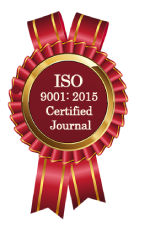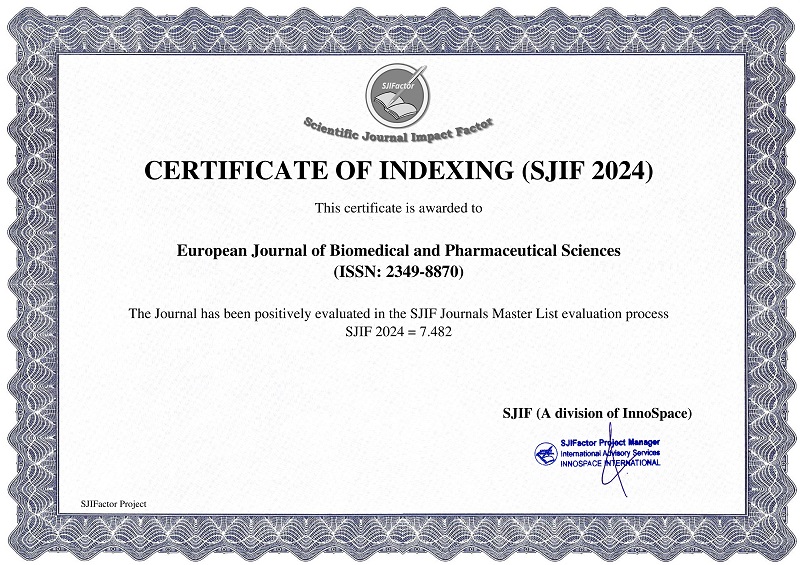ENHANCEMENT OF MILD HYPERTHERMIA- INDUCED APOPTOTIC CELL DEATH BY AUTOPHAGY ALTERATION IN MYELOGENOUS LEUKEMIA CELL LINE M-NFS-60
Gamal H. El-Sokkary, Salwa A. Fouad, Abo Bakr Abdel Shakor*
ABSTRACT
The present study investigates the effect of autophagy alteration on the cytotoxicity of mild hyperthermia (41 ºC, 1 h) toward M-NFS-60; a myelogenous leukemia cell line. Autophagy was inhibited by 5 mM NH4Cl which halts lysosomal enzymes and accordingly preventing autolysosomes formation. On the other hand, autophagy was enhanced by glucose starvation. Trypan blue exclusion method was used to measure M-NSF-60 cell viability after hyperthermia in the presence or absence of autophagy modulators. The induction of apoptosis and autophagy were detected morphologically by acridine Orange/Ethidium Bromide (AO/EB) staining assay and monodansylcadaverine (MDC) staining, respectively. Also the level of P62/SQSTM1 and cleaved caspases 3; autophagy marker and apoptosis marker, respectively were assessed by western blotting. The results of this work revealed that autophagy acts as a protective mechanism which reduces the cytotoxic effects of hyperthermia. Inhibition of autophagy by NH4Cl potentiated the tumor inhibitory effects of mild hyperthermia in M-NFS-60 cells. Autophagy induction by glucose starvation promoted the effectiveness of hyperthermia against M-NFS-60 cells more than autophagy inhibition by NH4Cl. These data suggesting the therapeutic efficiency of hyperthermia in leukemic patients could be improved by autophagy modulation. These results may represent a new strategy in leukemia treatment which is more effective and capable of reducing hyperthermia effective temperature and improving the quality life of patients.
Keywords: Hyperthermia; autophagy; myelogenous leukemia, M-NFS-60.
[Full Text Article]
[Download Certificate]


 Impact Factor : 8.181
Impact Factor : 8.181 






